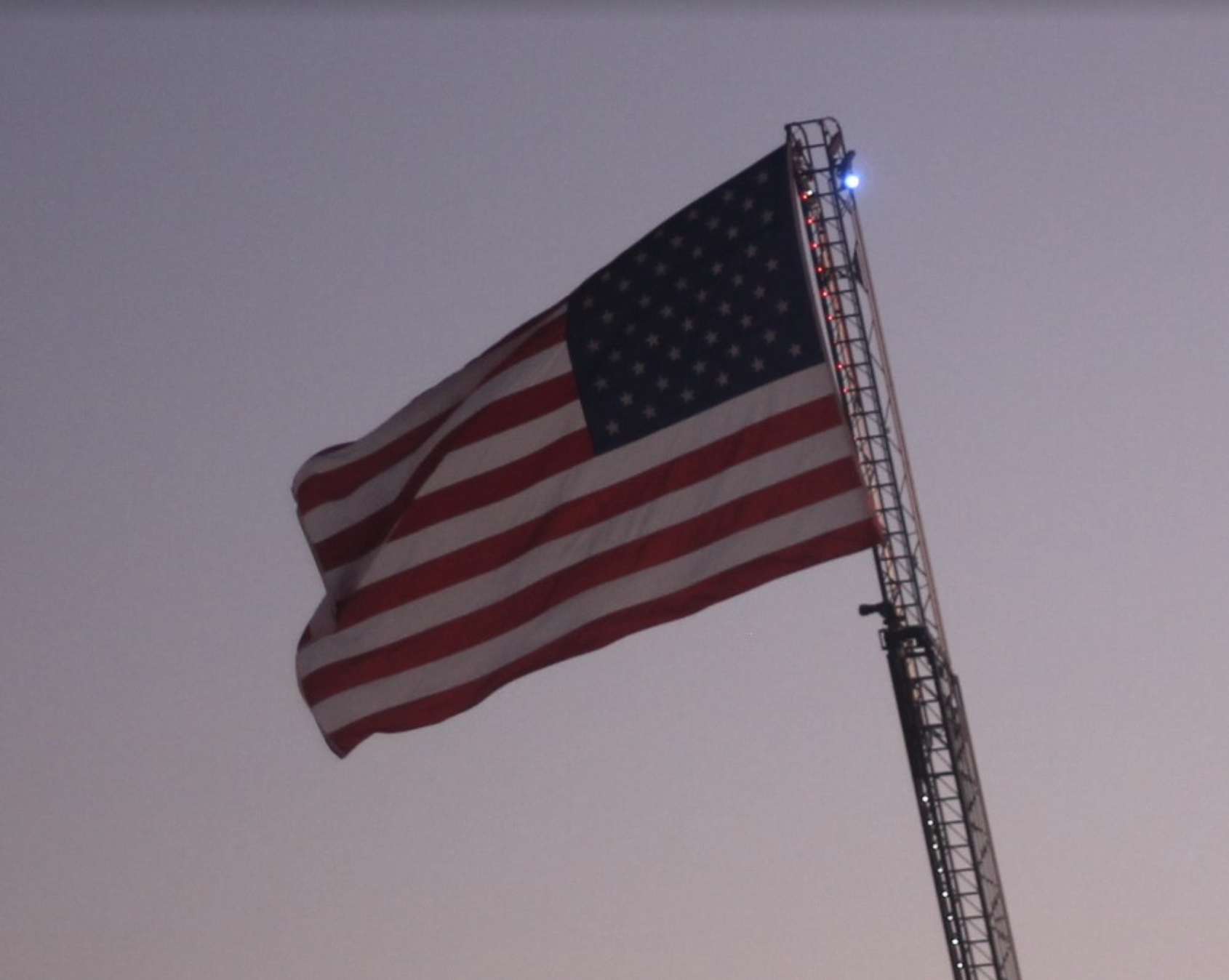Not everyone agrees on what patriotism means, or if there is even a need for it. Staff members come from distinct backgrounds, had different upbringings, and share differing viewpoints on how American patriotism and values should be handled on our campus. The difference between opinions begins with different interpretations of what being patriotic even is.
Patriotism does not mean that you support the government, what it does or has done, said English teacher Brian McGarry. Being patriotic does not mean “blind acceptance” of any form of authority or set of ideals, he said.
“Patriotism, I think, is more about believing in the ideals and the goals that we have set out as a country and
celebrating them,” McGarry said.“Patriotism to me is about celebrating the aspirations of what we’re trying to accomplish as a democracy.”
AP American government and politics teacher Michael Cummins defined patriotism as love for your country. There is nothing wrong with the school instilling patriotism in its students, he said.
“We should model patriotic values; we should encourage patriotic values,” Cummins said. “All countries do this, by the way. We call this political socialization, teaching your kids what they should know about the country. This is what countries do. They try to teach their young about what is good about the country that they live in. And I think that that’s still a good idea,” he said.
McGarry said that students should never be forced to be patriotic, but instead, patriotism should be encouraged and modeled.
“We as teachers are here to guide the students through a lot of processes,” McGarry said. “We shouldn’t be imposing our values upon them, but teaching them more about what we aspire to.I think patriotism should be encouraged and taught,” he added.
America has committed atrocities in the past, citing the cruel treatment of Native Americans and African Americans and World War Two internment camps, Cummins said. Despite these actions, he still believes the good things the United States has done far outweigh the negatives, he said. You can support Black Lives Matter and still stand for the pledge, he added.
“All the stuff that we’ve done as a country, all of the racism which exists everywhere, all of the police brutality, that’s a human condition, not an American condition,” Cummins said.
Naval Junior Reserves Officers’ Training Corps (NJRTOC) teacher and military veteran Margie Jackson said that she does not believe students understand that their freedoms are the result of sacrifices like hers. Some veterans have even given their lives for these freedoms, she said. Students simply need to learn more about the country and its history in order to fully appreciate it, she added.
“I would like for students to know what it means to be patriotic. And then they decide what they want to do,” Jackson said. “Because I think a lot of times, we don’t know things, and we may have one opinion about it. And then once we learn about it, we may feel a little differently.”
Spanish teacher Kimberly Marion shared that the word patriotism has to do with country and land. She said that it was important to know the etymology of a word, otherwise, it can be easily misled or manipulated.
American values include ”the worship of money, greed, oppression of other non-white nations,” Marion said. “What else can I say? Racism, white supremacy” she added. “Is enforcing these values going to help relieve inequity? In our school, is it going to help?”
Marion said it was important to think about the things we are being taught about our country, to avoid blindly following ideas we have been manipulated into believing.
To force students “to stand up and listen to a pledge that may have no meaning, or may be diametrically opposed to a person’s circumstance, their value systems – I don’t see the purpose in that,” Marion said. “It’s tantamount to what Germany did, and the day of Hitler, to try to control people’s thoughts and try to get them to think a certain way.”

